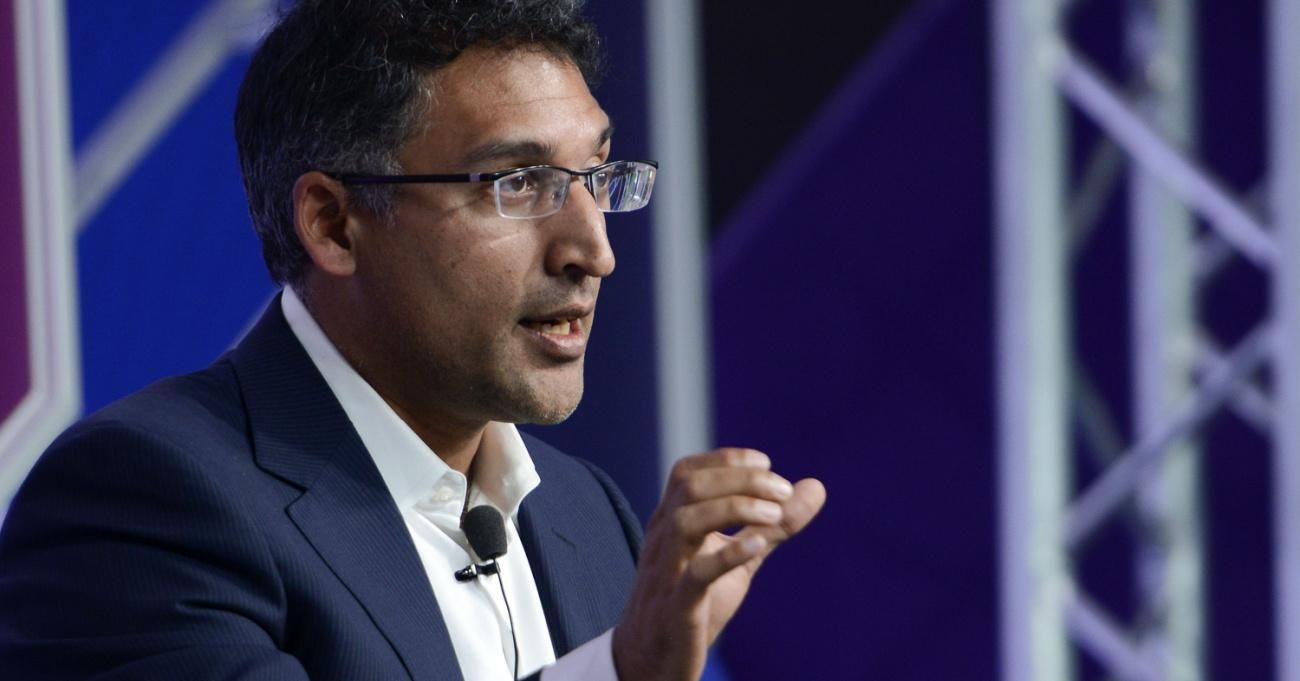
Human rights advocates Thursday denounced a Supreme Court decision in favor of the U.S. corporate giants Nestlé USA and Cargill, which were sued more than a decade ago by six men who say the two companies were complicit in child trafficking and profited when the men were enslaved on cocoa farms as children.
Neal Katyal, former acting solicitor general under the Obama administration, represented the two companies and also argued that they could not be sued for complicity in child trafficking because they are corporations, not individuals.
“This ruling has disturbing implications for future victims of human rights abuses seeking justice against businesses in U.S. courts. This ruling also sets a dangerous precedent, giving corporations impunity for profiting from human rights abuses.” —Marco Simons, EarthRights International
The plaintiffs, who are from Mali and say they are survivors of child trafficking and slavery in Côte d’Ivoire, filed their lawsuit under the Alien Tort Statute, an 18th century law which allows federal courts to hear civil actions filed by foreigners regarding offenses “committed in violation of the law of nations or a treaty of the United States.”
Lawyers for the plaintiffs argued that Nestlé and Cargill have total control over the production of cocoa in Côte d’Ivoire, where child labor is widespread and where the men said they were forced to work long hours and to sleep in locked shacks at night.
EarthRights International, which filed an amicus brief with the court on behalf of the plaintiffs, called the ruling “a giant step backward for U.S. leadership on international law and protecting human rights.”
Organizer Bree Newsome noted the irony of the ruling on the day the U.S. Congress passed legislation recognizing Juneteenth—the day Union soldiers arrived in Texas and informed Black people who had been enslaved that slavery had ended with the Civil War.
“In light of the U.S. Supreme Court’s refusal today to protect victims of corporate human rights abuses, it is imperative that Congress take action,” said Simons. “We call on Congress to clarify U.S. courts’ responsibilities to enforce international law, reassert U.S. leadership on human rights, and provide remedies to victims of the most serious human rights abuses by enacting binding legislation that holds corporations accountable for violating human rights.”
0 Comments